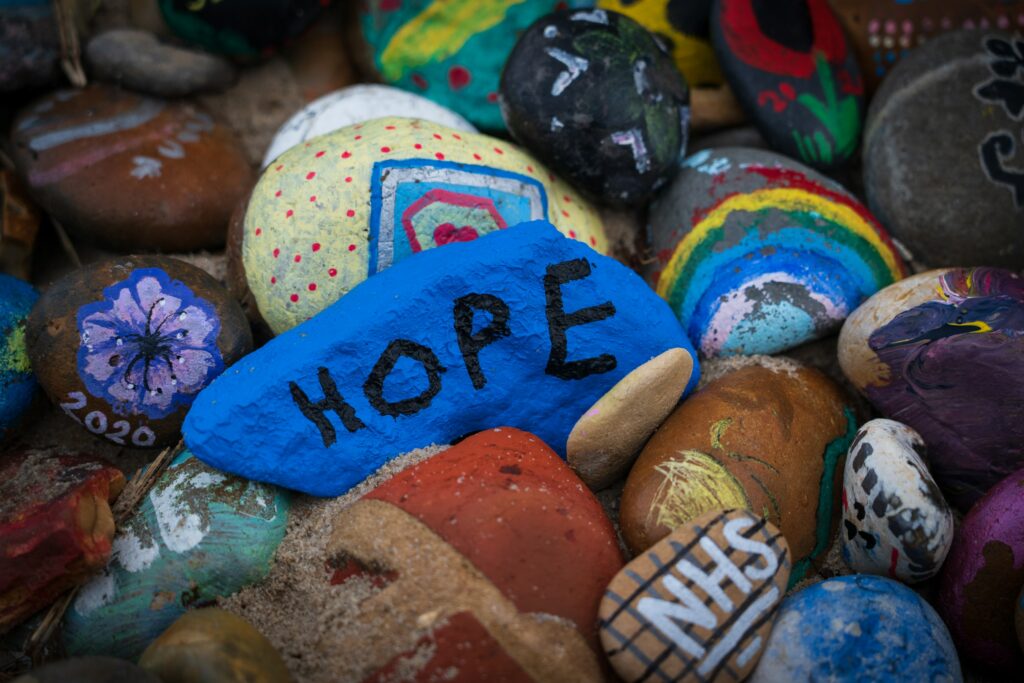
Hope
I regularly encourage students to become students of current affairs by watching the news. As we prepare them to become global citizens there is so much to learn, both within our own nation and around the world. I must admit, though – the news is often quite depressing, especially at the moment.
COVID-19 still seems to dominate every news cycle: not only the grim statistics of new cases, hospitalisations and deaths, but also the economic and social consequences that are wreaking havoc in other ways. The other story currently vying for top spot in every news bulletin is, of course, the unfolding crisis in Afghanistan and the associated plight of refugees.
Meanwhile, climate change continues to threaten, with the most alarming impacts appearing in the form of unprecedented extreme weather events. In just the past couple of months we have observed record heat waves in the northern hemisphere (and consequent destructive bushfires in many countries). At the same time, extraordinary flooding events have brought death and more destruction in Germany and Belgium, China, Japan, Turkey and India.
How should we respond? You might be surprised to hear me suggest that what we need, more than ever, is hope. Not a wishful-thinking type of hope, but a sure and reliable hope, in things that are true. This type of “hope” takes on a special meaning for those who have faith in God. Believers have long taken comfort from these words in Jeremiah 29: 11 –
“For I know the plans I have for you,” declares the Lord, “plans to prosper you and not to harm you, plans to give you hope and a future.”
However, hope can also be inspired by the words and actions of people. I read this lovely story recently, and it renewed my hope – in love, kindness and goodness.
Sometimes, all this talk of COVID, protests, looting and brutality makes me lose my way. I become convinced that this “new normal” is real life. But, then I meet an 87-year-old who talks of living thorough polio, diptheria, Vietnam protests and yet is still enchanted with life. He seemed surprised when I said that 2021 must be especially hard for him. “No”, he said slowly looking me straight in the eyes. “I learned a long time ago not to see the world through the printed headlines. I see the world through the people that surround me. I see the world with the realisation that we love big. Therefore I just choose to write my own headlines. “Husband loves wife today.” “Family drops everything to come to Grandma’s bedside.” He patted my hand. “Old man makes new friend.”” His words collide with my worries, freeing them from the tether I had been holding tight. They float away and I am left with a renewed spirit. My headline now reads, “Woman overwhelmed by the spirit of kindness and the reminder that our capacity to love is never-ending”.
I know that some of the problems in the real world can seem insurmountable. But, rather than simply feeling overwhelmed, which can easily lead to hopelessness, let’s choose – in our families, friendship groups, churches and School – to focus on the acts of love, kindness and goodness that surround us. And let us also commit to be the doers of good deeds, so that we can bring hope and encouragement into the lives of others.
Photo by Nick Fewings on Unsplash
 Mr Nigel Grant
Mr Nigel Grant
Executive Director of Faith & Community
